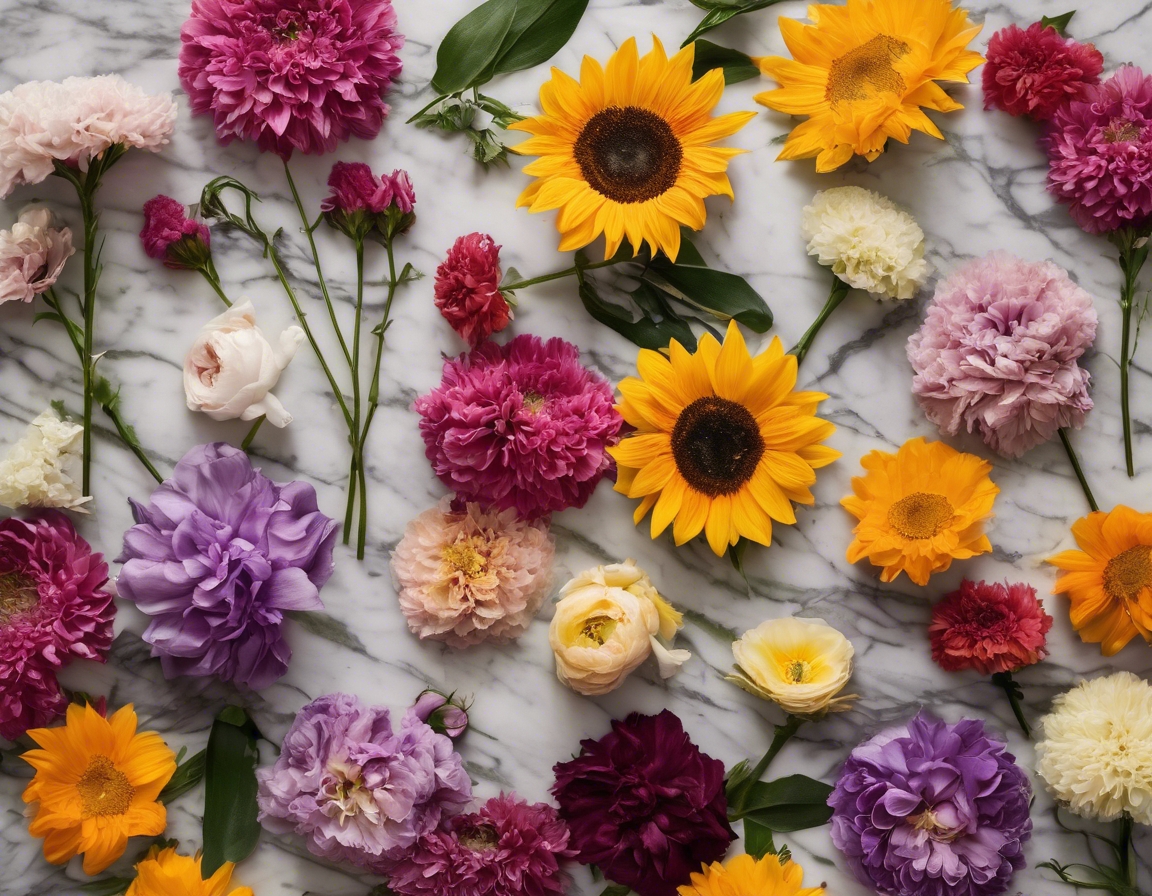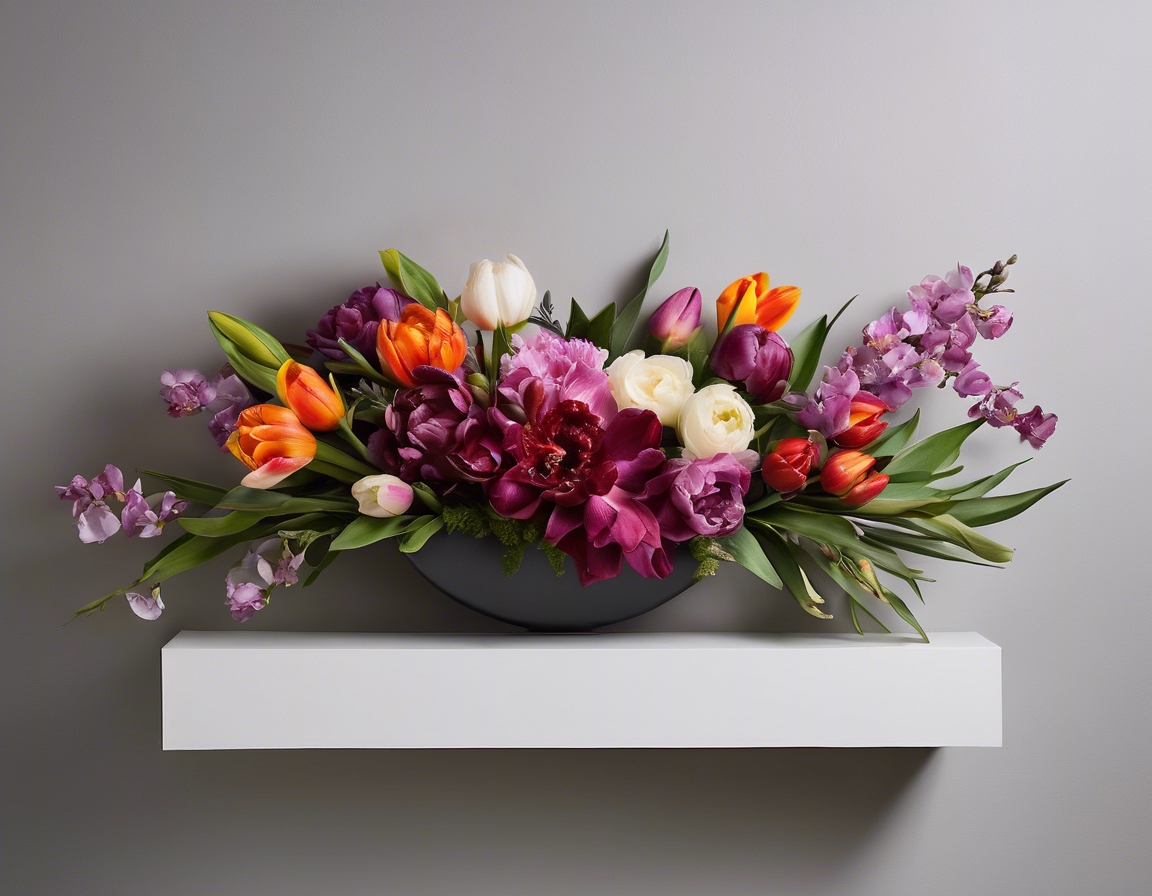How to choose the right flowers for every occasion
Flowers have been an integral part of human culture for centuries, symbolizing emotions, marking celebrations, and offering comfort in times of sorrow. Their beauty and fragrance have the power to convey messages that words sometimes cannot. Understanding how to choose the right flowers for every occasion can enhance the emotional impact of your gesture, making it more meaningful and memorable.
2. Understanding the Language of Flowers
The language of flowers, also known as floriography, dates back to the Victorian era when flowers were used to express feelings that could not be spoken aloud. Each flower had a specific meaning, allowing people to communicate complex emotions through floral arrangements.
Today, while the strict rules of floriography have relaxed, the symbolism of flowers remains significant. Roses, for example, are universally associated with love, while lilies often symbolize purity and renewal. Understanding these meanings can help you select flowers that align with the sentiment you wish to convey.
3. Choosing Flowers for Personal Celebrations
For birthdays, consider the recipient's favorite flowers or colors. Bright and cheerful blooms like sunflowers, daisies, or tulips can bring joy and celebration to the occasion.
Anniversaries call for flowers that symbolize love and commitment. Red roses are a classic choice, but you might also consider orchids or lilies for a touch of elegance and sophistication.
Weddings are deeply personal, and the choice of flowers should reflect the couple's style and the theme of the event. Roses, peonies, and hydrangeas are popular choices for their beauty and symbolism of love and prosperity.
4. Selecting Flowers for Gifts
When expressing love or admiration, red roses are the quintessential choice. However, consider mixing in other flowers like lilies or tulips to add depth and personalization to your bouquet.
For friends, opt for flowers that symbolize joy and appreciation, such as yellow roses or gerbera daisies. These blooms convey warmth and gratitude.
To express thanks, consider a bouquet of pink roses or chrysanthemums. These flowers are associated with gratitude and can effectively communicate your appreciation.
5. Expressing Sympathy with Flowers
In times of loss, flowers can offer comfort and support. Lilies, chrysanthemums, and white roses are traditional choices for funerals, symbolizing peace and remembrance.
When sending condolences, consider a simple arrangement of white or pastel flowers. These colors convey sympathy and respect, offering solace to those grieving.
6. Seasonal Considerations
Spring is a time of renewal, and flowers like tulips, daffodils, and hyacinths are perfect for capturing the season's vibrant energy.
Summer blooms are bold and bright, with sunflowers, lilies, and zinnias bringing warmth and cheer to any occasion.
Autumn flowers like chrysanthemums, dahlias, and marigolds reflect the rich, warm tones of the season, making them ideal for fall celebrations.
In winter, consider evergreens, poinsettias, and amaryllis to add a touch of elegance and festivity to your floral arrangements.
7. Tips for Choosing the Right Florist
When selecting a florist, look for someone who understands your vision and can offer expert advice on flower selection and arrangement. A good florist will help you choose blooms that are fresh, in season, and appropriate for the occasion, ensuring your floral gift is both beautiful and meaningful.






Comments (0)